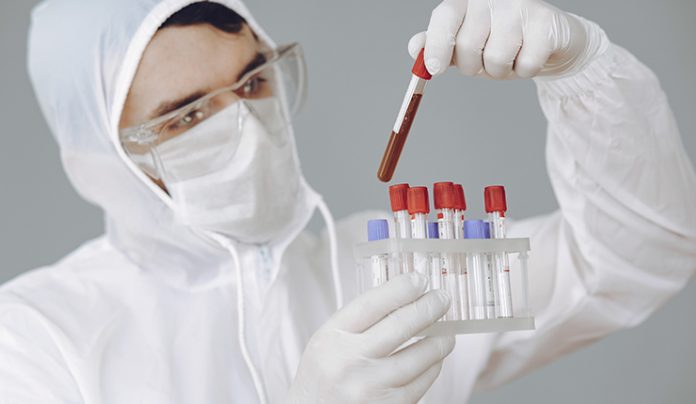
It has been known for a long time that measuring certain proteins in the blood can give us information about a person’s health status.
In a study that was published on Dec. 5 in the journal Nature Medicine. Scientists have analyzed plasma — the cell-free, fluid part of blood — from more than 4,200 people between the ages of 18 and 95, and found a link between 373 proteins and aging. They found that there are marked changes in almost all the proteins with age. The findings suggest that physical aging doesn’t occur at a steady pace, but is uneven and has three distinct surges — ages 34, 60, and 78.
At those ages, there are spikes in levels of specific proteins in the blood with noticeable changes, according to the researchers.
Proteins are the building blocks of our bodies and these are the components that are responsible for the functioning of our body, so any changes in the levels of proteins mean changes in the functioning of the body too. So, if we map the different protein levels in the plasma, we can get a snapshot of what’s going on throughout the body.
Scientists are developing a blood test for these proteins and these tests will be able to identify how slow or fast people are aging. However, any clinical use of such a blood test is going to take a while.




